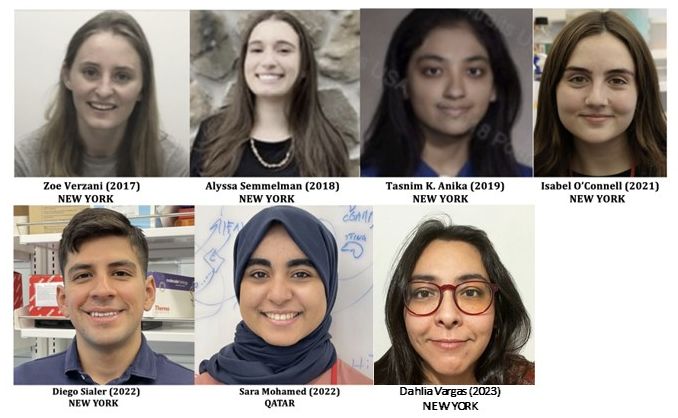The Demaria’s lab has a central interest in addressing the molecular mechanisms whereby ionizing radiation modulates tumor immunogenicity, and exploiting this property of radiation to achieve a therapeutic synergy with immunotherapy in pre-clinical tumor models and in cancer patients. We have recently demonstrated that radiation-induced viral mimicry in cancer cells leads to activation of type I interferon via the cGAS/STING pathway. In vivo, this process contributes to the recruitment and activation of conventional dendritic cells type I (cDC1) to the irradiated tumor and promotes cross-priming and activation of tumor-specific T cells. Ongoing work is addressing other pathways that regulate the ability of radiation to generate an in situ tumor vaccine by modulating innate and adaptive immune cells function. In addition, we found that the transcriptional response elicited by radiation-induced DNA damage enhances the expression of immunogenic mutations, and are investigating the radiation-induced changes in the immunopeptidome presented by MHC class I and MHC class II molecules.
MEMBERS
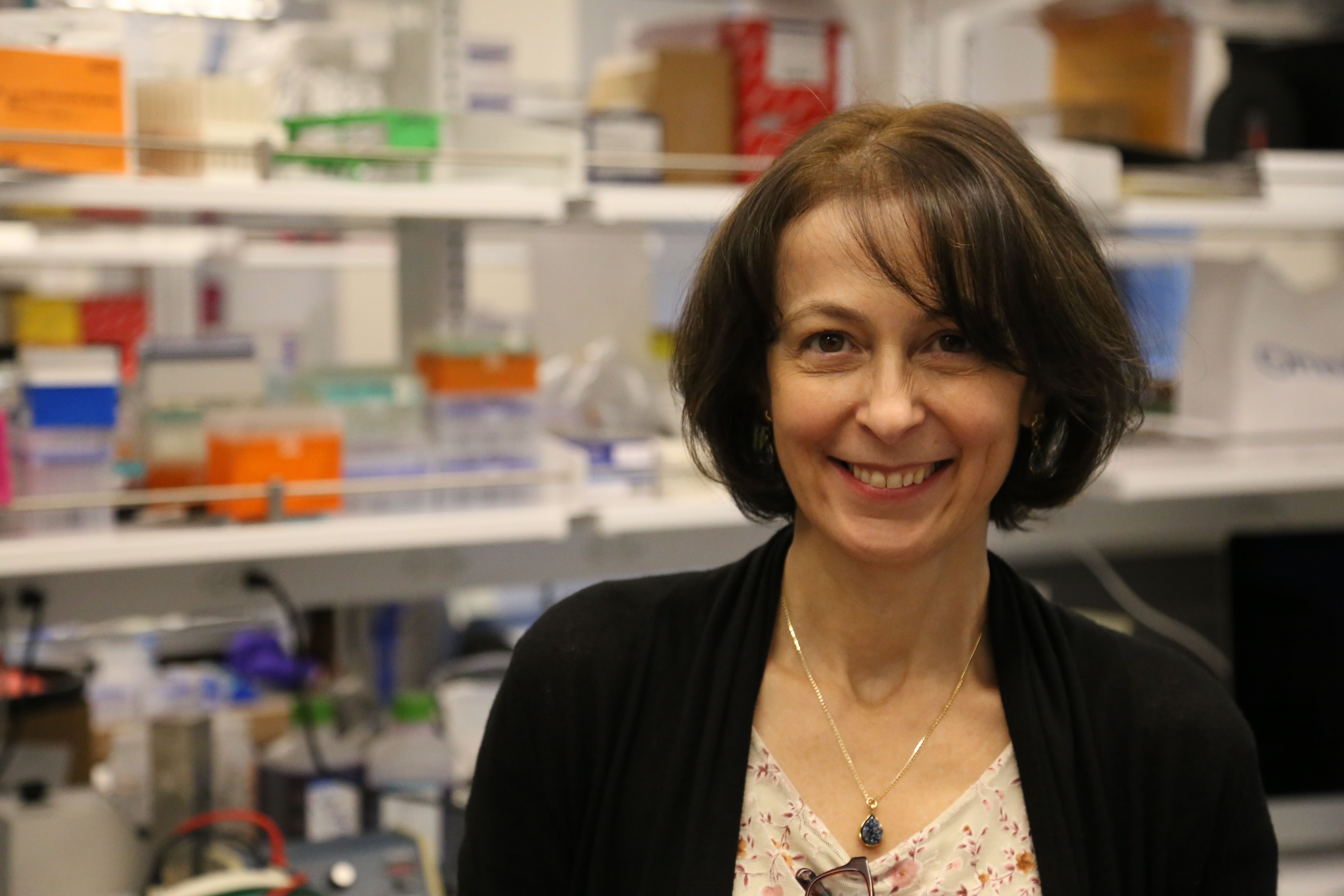
Sandra Demaria, MD
Principal Investigator
Sandra Demaria, M.D., a native of Turin, Italy, obtained her M.D. from the University of Turin, and then moved to New York for her post-doctoral training in immunology as a Damon Runyon-Walter Winchell Cancer Research Fund awardee, followed by a residency in anatomic pathology at NYU School of Medicine (NYU SoM). She remained on the faculty at NYU SoM until 2015 raising to the rank of Professor. She is currently Professor of Radiation Oncology and Pathology at Weill Cornell Medicine in New York City. Dr. Demaria is internationally known for her studies demonstrating the synergy of local radiation therapy with different immunotherapeutic agents in pre-clinical models of cancer. She was the first to show that radiotherapy can convert tumors unresponsive to immune checkpoint inhibitors into responsive ones, a finding being translated in several clinical trials at multiple institutions. As a breast cancer pathologist Dr. Demaria has also studied the immunological microenvironment of breast cancer in patients, and therapeutic strategies to modulate the immune infiltrate in preclinical breast cancer models. Her current work is funded by the US National Cancer Institute and by several private foundations. She has held leadership positions in national professional societies, including the Society for Immunotherapy of Cancer (SITC) where she served on the Board, the AACR Cancer Immunology Working Group Steering Committee, and the Radiation Research Society. She serves in the editorial board of several journals, including The Journal of Immunology, Cancer Immunology Research, Clinical Cancer Research, and Journal for ImmunoTherapy of Cancer.

Maud Charpentier, Ph.D.
Research Associate
Dr. Maud Charpentier is an immunology researcher with expertise in cancer immunology and immunotherapy. She earned her Master’s degree in immunology, cancerology, and immunotherapy, followed by a PhD in cancer immunotherapy from the University of Nantes, France. During her doctoral studies, her research focused on the characterization of melanoma-specific tumor antigens, specifically those translated from long non-coding RNAs through IRES-dependent mechanisms. She is currently a Research Associate in Dr. Sandra Demaria's lab, where she completed her postdoctoral training. With a primary objective of designing enhanced clinical immunotherapy approaches, her work aims to enhance the in-situ vaccination effect of radiation therapy by exploring novel combination treatments with cell- and antibody-based immunotherapies in breast cancer models.
Ruth Soler Agesta, Ph.D.
Post-Doctoral Associate
Ruth joins the department as a Postdoctoral Associate, where she is investigating the effect of small extracellular vesicles (sEVs)-containing RNA:DNA hybrids produced by irradiated cancer cells, on the recruitment and activation of professional antigen-presenting cells (DCs). Prior to joining Demaria's lab, she obtained her Ph.D. in Biochemistry, Molecular and Cell Biology at the University of Zaragoza (Spain; 2024). During the last year of her Ph.D. studies, Ruth joined the department of Radiation Oncology as a Visiting Graduate Student. She holds a B.Sc. in Biology from the University of Mons (Belgium, 2015), an M.Sc. in Biochemistry and Molecular and Cell Biology from the University of Zaragoza (Spain, 2017), and a Master’s in Research in Health Sciences from the University of San Jorge (Spain, 2019). Her research interests have long focused on the molecular mechanisms regulating interferogenic signaling pathways. Ruth is also keenly interested in forms of immunogenic cell death as well as the role of mitochondria in antitumor immune responses.
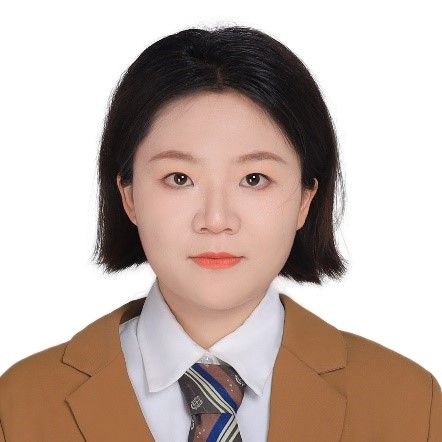
Xiaoxue Deng, Ph.D.
Post-Doctoral Associate
Xiaoxue is a Postdoctoral Associate mainly focuses on understanding the interaction of immune cells, particularly macrophages, and tumor cells interaction under the contest of irradiation using in vitro models. She obtained her Ph.D. in Microbiology from Chinese Academy of China where she studied T cells transcriptional regulation and cell death. She later worked for four years in bio-tech companies and gained a strong interest in cancer study during that time. She is now pursuing her career in tumor immunology in Dr. Demaria Lab.
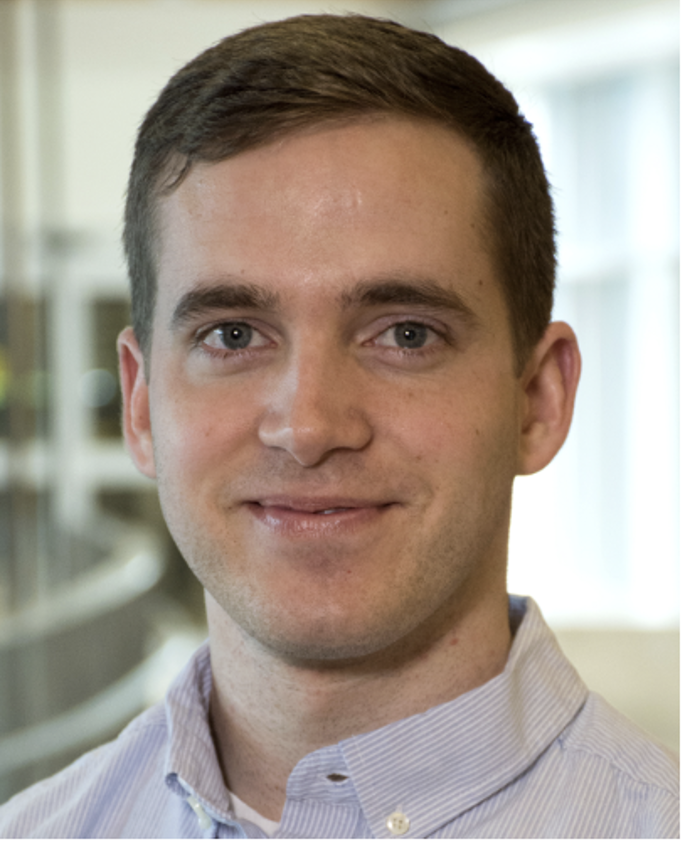
David Sprott
Medical Student
David is currently a first-year medical student at Cornell. He was born and raised in Southern California. At 18 years old, he enlisted in the Marine Corps and spent 5 years in Washington DC at the White House Communications Agency. Then, he went to Portland State University and received a BS in Biology. While in Oregon, he studied adoptive T-cell therapy under Dr. Eric Tran at the Earle A. Chiles Research Institute. He is currently a first-year medical student at Cornell interested in becoming a radiation oncologist. He will be studying mechanisms of resistance to radiation therapy in the Demaria Lab for the next 4 years.
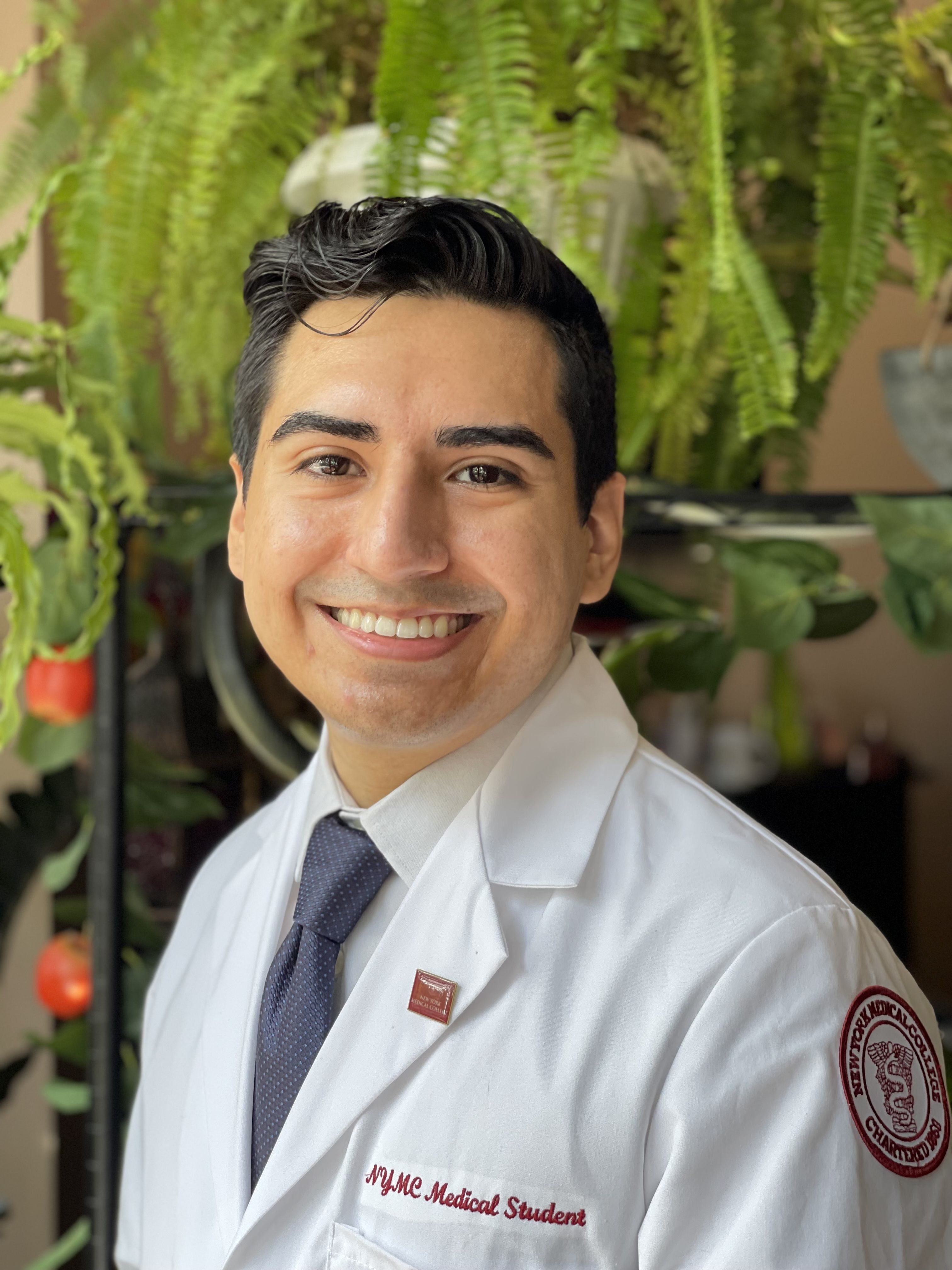
Marvin Campos
Medical Student
Marvin is a second-year medical student at New York Medical College and a proud native of Queens, NY. He earned his BA in Biology from CUNY Queens College in 2020. As the COVID-19 pandemic began, Marvin decided to explore his role in healthcare, leading him to become a Clinical Research Coordinator for Radiation Oncology at Weill Cornell Medicine in 2021. These invaluable experiences not only helped him grow as a young adult but also solidified his decision to pursue a career in medicine. Now, Marvin has returned to his former department as a Medical Student in the Demaria Lab, where he researches the same human tissue samples he once helped consent and procure. His current research focuses on the mechanisms of hypoxia in triple-negative breast tumors and macrophage immune responses. He aspires to become an Oncologist, combining compassionate patient care with meaningful contributions to scientific research.
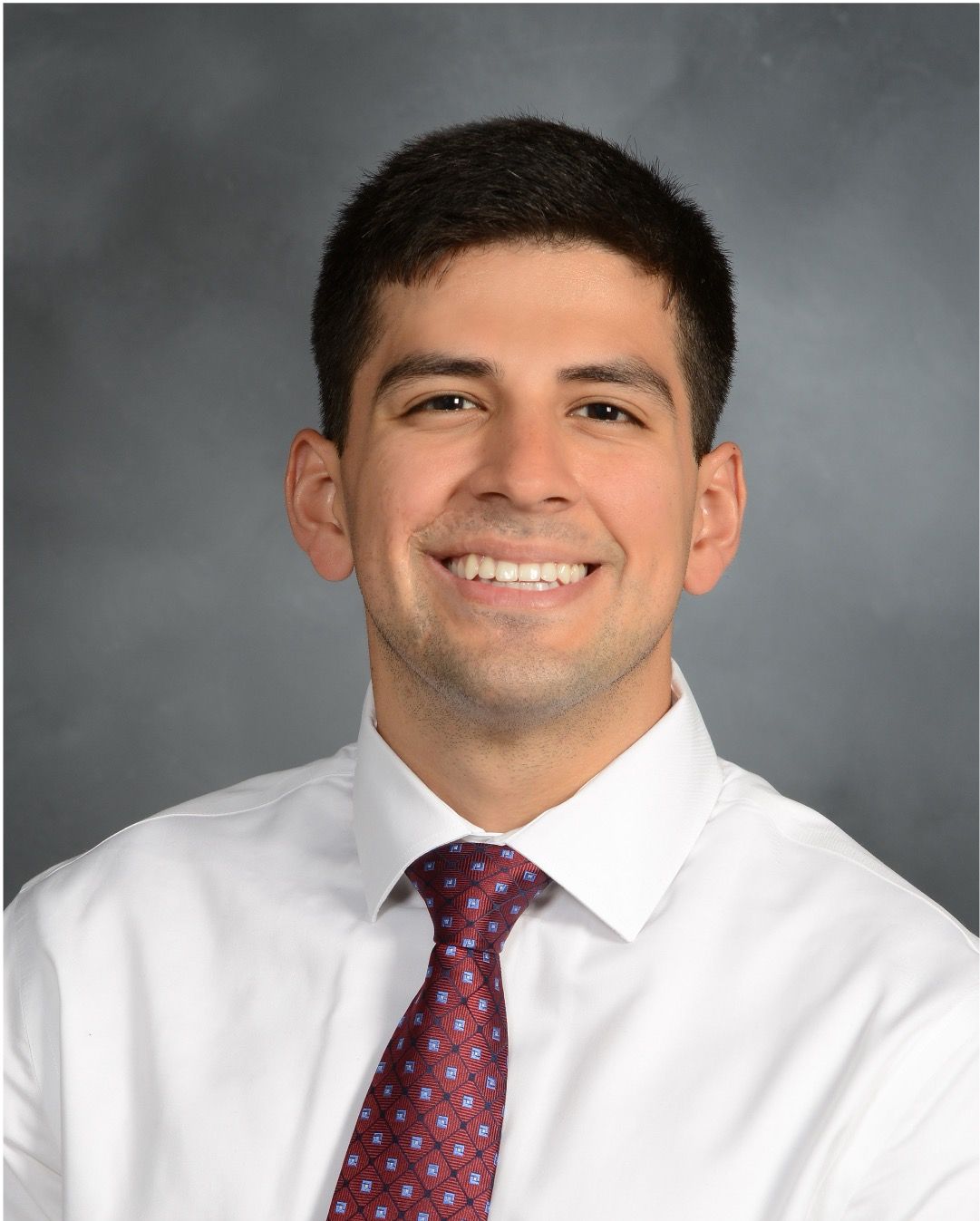
Diego Sialer
Medical Student
Diego is a fourth-year medical student at Weill Cornell Medical College. He was born in Lima, Peru, and raised in Birmingham, Alabama. He attended Yale University and received a BS in Molecular Biology and Psychology. Before medical school, he returned to Birmingham and joined Dr. Hui Hu’s lab, where he studied the differentiation of T-follicular helper cells. Learning of the profound influence of immunological processes on human health, he joined the department with an interest in how the immune system interfaces with cancer. He is currently spending a research year in Dr. Demaria’s lab, supported by the Burroughs Wellcome Physician-Scientist Program. His research focus includes cancer cell-intrinsic responses to radiation, innate immunity and the use of 3D cell culture to model the tumor microenvironment. He aims to become a medical oncologist with research interests in optimizing the use of immunotherapies. In his free time, he enjoys spending time with his friends, family and dogs.
Recent Publications
- Rudqvist NP, Charpentier M, Lhuillier C, Wennerberg E, Spada S, Sheridan C, Zhou XK, Zhang T, Formenti SC, Sims JS, Alonso A, Demaria S. Immunotherapy targeting different immune compartments in combination with radiation therapy induces regression of resistant tumors. Nat Commun. 2023 Aug 24;14(1):5146. doi: 10.1038/s41467-023-40844-3. PubMed PMID: 37620372; PubMed Central PMCID: PMC10449830.
- Stagg J, Golden E, Wennerberg E, Demaria S. The interplay between the DNA damage response and ectonucleotidases modulates tumor response to therapy. Sci Immunol. 2023 Jul 14;8(85):eabq3015. doi: 10.1126/sciimmunol.abq3015. Epub 2023 Jul 7. Review. PubMed PMID: 37418547; PubMed Central PMCID: PMC10394739.
- Wennerberg E, Mukherjee S, Spada S, Hung C, Agrusa CJ, Chen C, Valeta-Magara A, Rudqvist NP, Van Nest SJ, Kamel MK, Nasar A, Narula N, Mittal V, Markowitz GJ, Zhou XK, Adusumilli PS, Borczuk AC, White TE, Khan AG, Balderes PJ, Lorenz IC, Altorki N, Demaria S, McGraw TE, Stiles BM. Expression of the mono-ADP-ribosyltransferase ART1 by tumor cells mediates immune resistance in non-small cell lung cancer. Sci Transl Med. 2022 Mar 16;14(636):eabe8195. doi: 10.1126/scitranslmed.abe8195. Epub 2022 Mar 16. PubMed PMID: 35294260; PubMed Central PMCID: PMC9256502.
- Charpentier M, Spada S, Van Nest SJ, Demaria S. Radiation therapy-induced remodeling of the tumor immune microenvironment. Semin Cancer Biol. 2022 Nov;86(Pt 2):737-747. doi: 10.1016/j.semcancer.2022.04.003. Epub 2022 Apr 9. Review. PubMed PMID: 35405340.
- Lhuillier C, Rudqvist NP, Yamazaki T, Zhang T, Charpentier M, Galluzzi L, Dephoure N, Clement CC, Santambrogio L, Zhou XK, Formenti SC, Demaria S. Radiotherapy-exposed CD8+ and CD4+ neoantigens enhance tumor control. J Clin Invest. 2021 Mar 1;131(5). doi: 10.1172/JCI138740. PubMed PMID: 33476307; PubMed Central PMCID: PMC7919731.
- Yamazaki T, Wennerberg E, Hensler M, Buqué A, Kraynak J, Fucikova J, Zhou XK, Sveinbjørnsson B, Rekdal Ø, Demaria S, Galluzzi L. LTX-315-enabled, radiotherapy-boosted immunotherapeutic control of breast cancer by NK cells. Oncoimmunology. 2021;10(1):1962592. doi: 10.1080/2162402X.2021.1962592. eCollection 2021. PubMed PMID: 34408925; PubMed Central PMCID: PMC8366543.
- Pilones KA, Charpentier M, Garcia-Martinez E, Daviaud C, Kraynak J, Aryankalayil J, Formenti SC, Demaria S. Radiotherapy Cooperates with IL15 to Induce Antitumor Immune Responses. Cancer Immunol Res. 2020 Aug;8(8):1054-1063. doi: 10.1158/2326-6066.CIR-19-0338. Epub 2020 Jun 12. PubMed PMID: 32532811; PubMed Central PMCID: PMC7415682.
- Wennerberg E, Spada S, Rudqvist NP, Lhuillier C, Gruber S, Chen Q, Zhang F, Zhou XK, Gross SS, Formenti SC, Demaria S. CD73 Blockade Promotes Dendritic Cell Infiltration of Irradiated Tumors and Tumor Rejection. Cancer Immunol Res. 2020 Apr;8(4):465-478. doi: 10.1158/2326-6066.CIR-19-0449. Epub 2020 Feb 11. PubMed PMID: 32047024; PubMed Central PMCID: PMC7125001.
- Formenti SC, Rudqvist NP, Golden E, Cooper B, Wennerberg E, Lhuillier C, Vanpouille-Box C, Friedman K, Ferrari de Andrade L, Wucherpfennig KW, Heguy A, Imai N, Gnjatic S, Emerson RO, Zhou XK, Zhang T, Chachoua A, Demaria S. Radiotherapy induces responses of lung cancer to CTLA-4 blockade. Nat Med. 2018 Dec;24(12):1845-1851. doi: 10.1038/s41591-018-0232-2. Epub 2018 Nov 5. PubMed PMID: 30397353; PubMed Central PMCID: PMC6286242
For a complete list of peer-reviewed publications from Sandra Demaria, please visit here
FORMER LAB MEMBERS
Post-Doctoral Associates


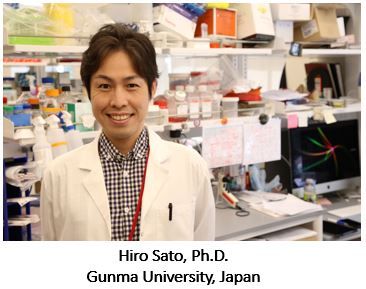
Research Visiting Fellows:
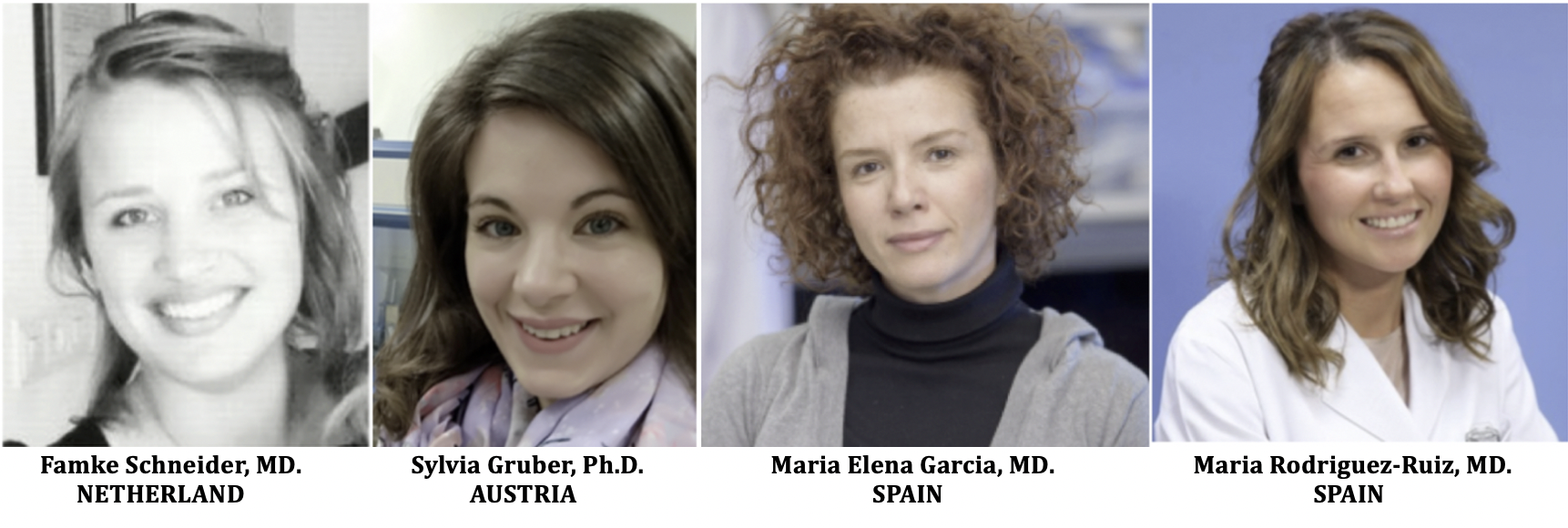
Graduate Student:

Summer Students:
